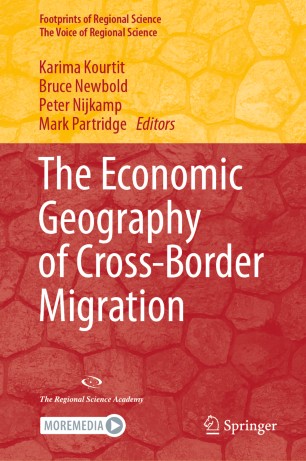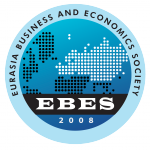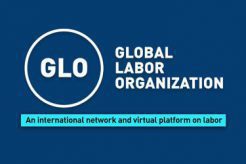A new GLO Discussion Paper finds that menstrual restriction related rituals can have persistent negative implications on women’s physical and mental health that is not just limited to the time of menstruation.
GLO Discussion Paper No. 907, 2021
Cultural Norms and Women’s Health: Implications of the Practice of Menstrual Restrictions in Nepal – Download PDF
by Kumar, Rahul & Maity, Bipasha
GLO Fellow Bipasha Maity
Author Abstract: We study the association between the ritual of menstrual restrictions and maternal health- care access as well as women’s subjective well-being. Similar restrictions, also practised around the time of childbirth, are based on the assumption that women are ritually impure during these phases of their lives. Although menstrual taboos and restrictions are common across many developing countries, we use micro-data from Nepal where these rituals are widely prevalent. We use a rich set of controls as well as assess the sensitivity of our results to alternative estimation methods. We find that women who face any menstrual restriction are also more likely to give birth at home and receive assistance only from untrained individuals during childbirth, which increases the risk of maternal mortality. We find that only the strictest menstrual restrictions are associated with a decline in subjective well-being. These findings indicate that menstrual restriction related rituals can have persistent negative implications on women’s physical and mental health that is not just limited to the time of menstruation.

GLO Discussion Papers are research and policy papers of the GLO Network which are widely circulated to encourage discussion. Provided in cooperation with EconStor, a service of the ZBW – Leibniz Information Centre for Economics, GLO Discussion Papers are among others listed in RePEc (see IDEAS, EconPapers). Complete list of all GLO DPs – downloadable for free.
The Global Labor Organization (GLO) is an independent, non-partisan and non-governmental organization that functions as an international network and virtual platform to stimulate global research, debate and collaboration.
Ends;
















